
A landmark discovery has found that Covid-19 can persist in blood and tissue for months, even up to a year after initial infection, providing new insight into the elusive long-term effects of the virus. This evidence suggests that a portion of Long Covid symptoms may be linked to an ongoing infection.
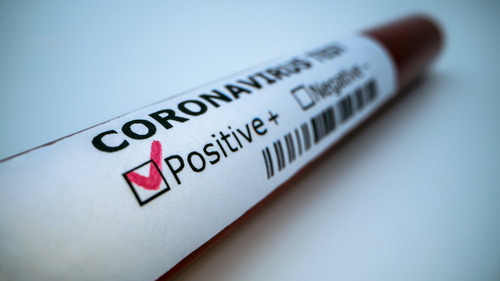
In a study that spans across both the University of California, San Francisco (UCSF), and Harvard Medical School, researchers used an ultra-sensitive blood test to detect viral proteins from Covid-19 in the blood of 25% of patients, long after their first infection.

These findings, originally presented at the Conference on Retroviruses and Opportunistic Infections in Denver and later published in The Lancet Infectious Diseases, shed light on the persistence of the virus in the human body.

The study, which delved into the long-term health effects of viruses, leveraged a novel assay known as Simoa (Quanterix) single-molecule array detection platform. This assay, far more sensitive than regular tests, is capable of detecting tiny amounts of viral proteins with nearly a thousand times the sensitivity of standard research tests.
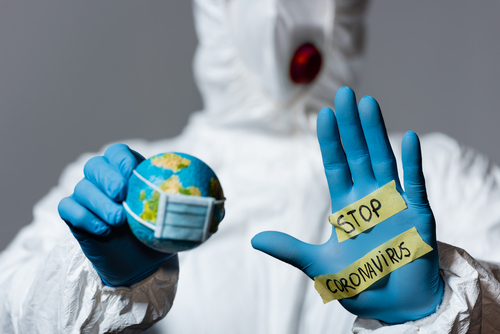
According to Michael Peluso, MD, a co-author of the study, “The thing that I find so compelling about the data in this study is that there is a pretty striking relationship between how sick people were during their acute Covid infection and how likely they were to have evidence of antigen persistence.”

This finding aligns with clinical intuition, suggesting that those with a greater initial viral burden may be more likely to experience viral persistence.

Amy Proal, Ph.D., president and research director of PolyBio, which supported the study, stated, “This is very convincing evidence that at least a certain percentage of people are still harboring persistent virus after Covid.”

The study also referenced a research poster by a French team that showed the presence of Covid spike protein and double-stranded RNA indicative of viral replication in the platelets of Long Covid patients.

The implication of these findings is significant as they could potentially explain why some individuals continue to suffer from long Covid symptoms long after the acute phase of the disease has passed.

Symptoms such as brain fog, digestive issues, and vascular complications could stem from these lingering fragments of the virus.
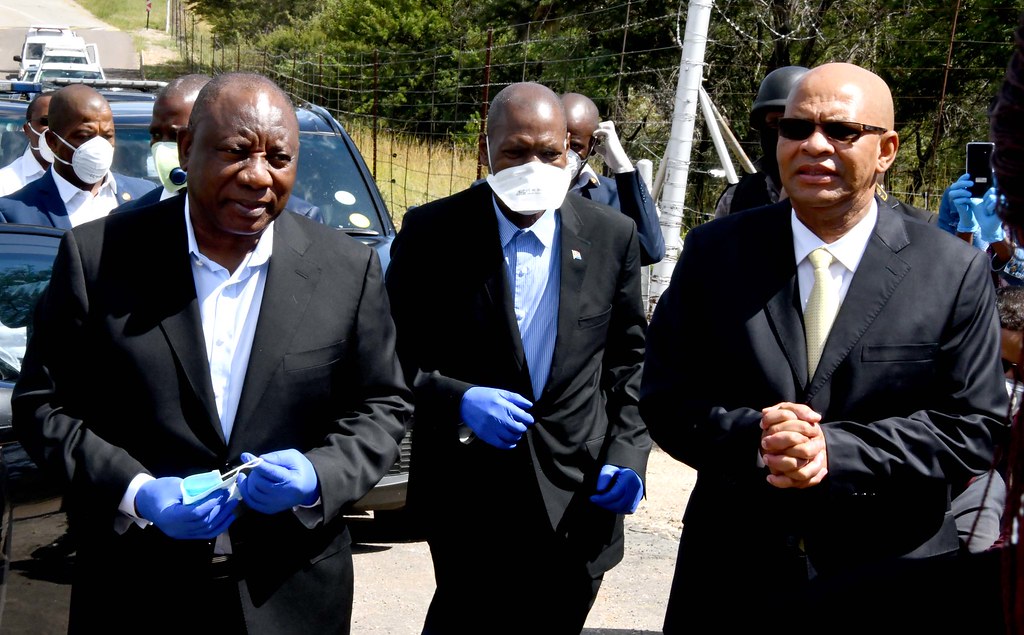
Further reinforcing the study’s significance, data from the UCSF’s Long COVID Tissue Bank showed viral RNA persisting for up to two years post-infection in tissue samples.
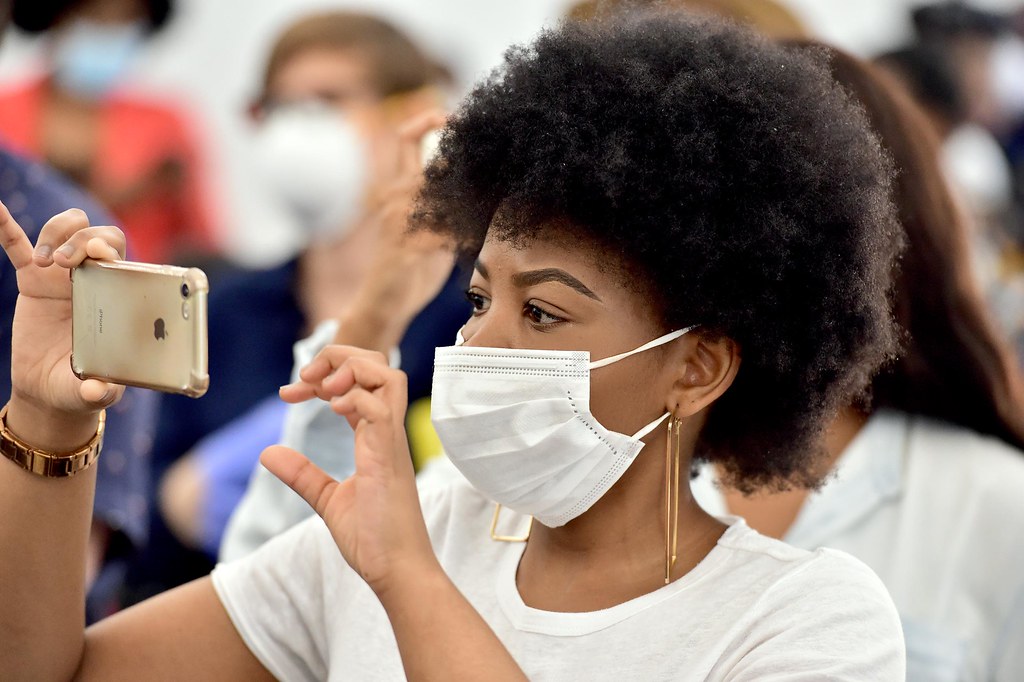
These persistent viral fragments were found in the connective tissue where immune cells are located, suggesting an ongoing immune response.

The presence of COVID-19 antigens in blood and tissue has raised questions about the implications for long-term health risks. A study from Sweden, published by The BMJ, found that the risk for serious blood clots remained elevated for months following Covid-19 infection, underscoring the persistent health risks associated with the virus.
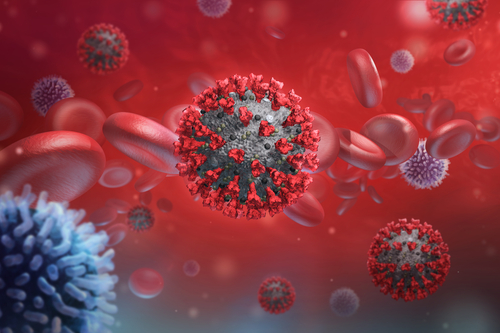
These groundbreaking discoveries have spurred UCSF researchers to initiate multiple clinical trials to explore treatments such as monoclonal antibodies or antiviral drugs that could potentially alleviate the viral load in patients with Long Covid.
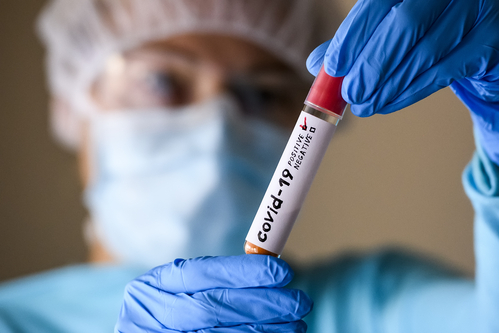
As research in this area continues to evolve, there’s hope for a better understanding of the long-term consequences of Covid-19 and the development of strategies to mitigate its enduring impact on patients’ health.
